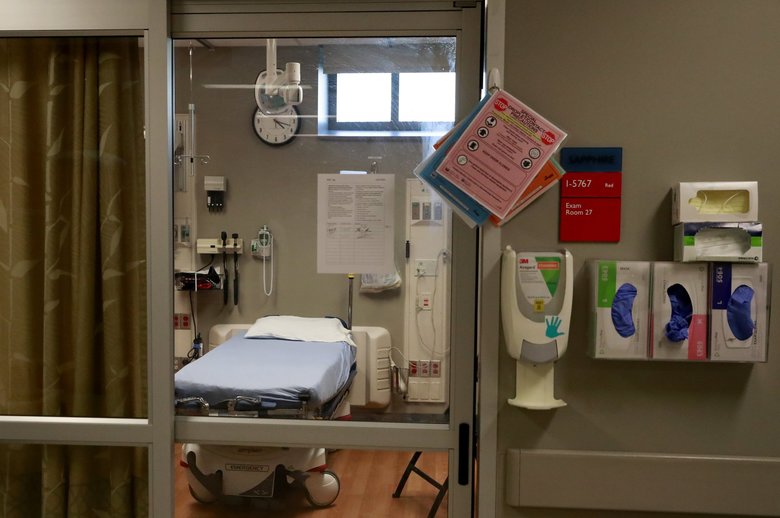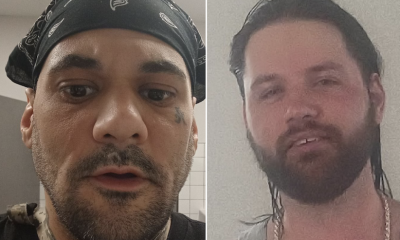Health care workers worry about what’s to come. KGW spoke with a nurse at Oregon Health & Science University Hospital (OHSU) who’s caring for the sickest COVID-19 patients.
“The sheer volume of cases we’re seeing is something that we’re all getting nervous about,” said COVID-19 ICU nurse Erin Boni. “Now, my entire ICU, which is full of normal patients on a regular basis, is now caring for critically-ill COVID-19 cases, and it makes us nervous about what’s ahead.”
She and her husband are both on the front line in the fight against COVID-19 in Portland, working in OHSU’S COVID-19 ICU. The coronavirus is part of their lives at all times.
Public health officials and doctors told the world early on in the pandemic that older people and those dealing with certain underlying conditions were at higher risk of getting critically sick or dying. But from Boni’s experience, at this point, she’s seeing patients of all ages and backgrounds winding up in the hospital and, worse, in her unit.
“It’s really distressing because we have no idea who’s going to end up in these critically-ill situations,” Boni said.
Professionally and personally, she’s exhausted.
“I’s really hard,” Boni said. “There’s this whole new layer between us and our patients. I’ve got a P100 [respirator mask] on my face, my face shield has been cleaned off and it’s streaky. We’re in full gear and trying to communicate with our patients and provide the best care we can but they only see my eyes. It’s been really challenging to support families in that situation, too, because they can’t be at the bed side.”
“It feels so unnatural and goes against every part of — it just breaks my heart,” she added.
After a draining day at work, the mom of two also has to be on at home.
“When you’re so taxed at work, to come home and really find a way to shed that piece so that our kids… don’t have to feel it,” Boni said through tears. “So, that’s been a personal struggle for us and, I know, many other health care workers. We also worry about bringing the illness into our home.”
Boni worries that if Oregon continues on the same troubling trend with our surge in COVID-19 cases and hospitalizations, it could affect the entire health care system.
“I’m worried about not having the resources to take care of all these patients. They are so critically ill and we’re taxed. We are working so hard now,” Boni told KGW. “It’s not just about people that get sick with COVID-19. It’s about everybody who needs care in our state and also in our region.”
Hospitals have surge plans to deal with an increase in cases. For example, they can:
- Add staff and equipment
- Repurpose other types of non-ICU hospital beds, of which there were still about 680 open statewide.
- Hold off on elective surgeries
If that path leads to nurses being needed more at work, Boni said she will have really hard choices to make in her own life.
“One of the things we’ve been struggling with is what we do with our kids if we feel like it comes to a point where we can’t keep them safe,” she said through tears. “That includes potentially sending them to live with a relative away from us. So stay home, please.”
Hailed as heroes, your actions impact health care workers’ lives — and their ability to save lives.
“I know it’s hard, we’re all so tired,” Boni said. “But I hope that they understand these little actions and decisions and choices they make in these coming days and weeks, about whether to get together with family or expand their bubble just a little bit for these celebrations that we love, you know, that the impact could be devastating. It could be their loved one in my ICU bed.”
Boni shared worries health care workers have about getting sick, explaining how at times they get so tired after long shifts or so busy with emergency patients they slip up when taking their personal protective equipment off.























